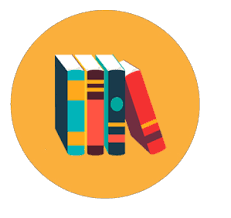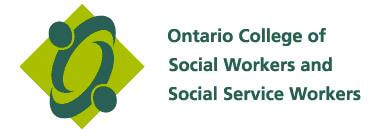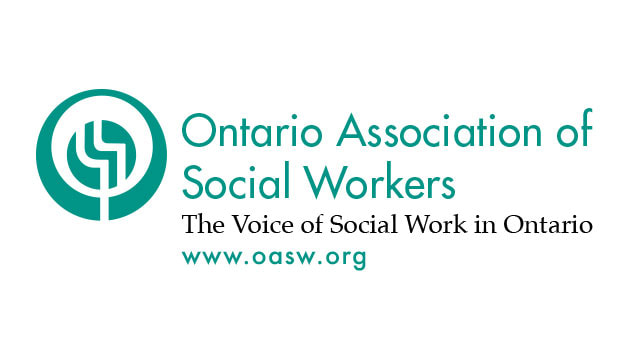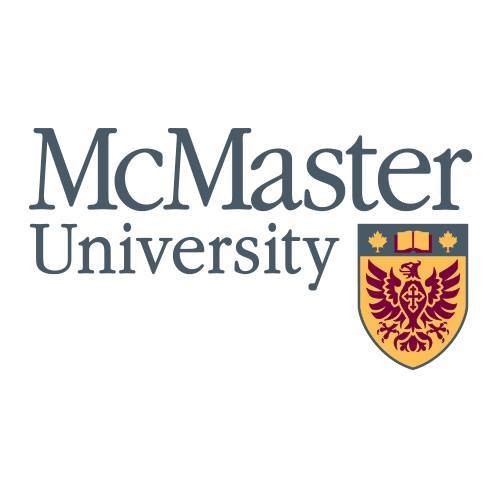Books:
- Mind over mood by Denis Greenberger & Christine Padesky, (1995)
- Feeling Good: The New Mood Therapy by Dr. David Burns (1999)
- Cognitive Behavioral Workbook for Depression by William J Knaus and Albert Ellis (2012)
- The 10 Best-ever Anxiety Management Techniques by Margaret Wehrenberg (2012)
- The self-Esteem Workbook by Schiraldi G.R (2001)
- Stop Walking on Eggshells by Paul Mason and Randi Kreger (2009)
- Skills Training Manual for Treating Borderline Personality Disorder by Marsha M. Linehan (1993)
- I Hate You, Don't Leave Me: Understanding the Borderline Personality by Jerold J. Kreisman, Hal Straus (2010)
Resources for Trauma
- Trauma Is Really Strange, by Steven Haines (2015)
- Complex PTSD: From Surviving to Thriving, by Pete Walker (2013)
- Getting Past your Past, by Francine Shapiro (2013)
- The Body Never Lies by Alice Miller (2006)
- Trauma and Recovery, by Judith Hermann (1997)
- I Can’t Get Over It, by Aprodite Matsaki (1996)
Resources for Parenting
- Differently wired by Deborah Reber (2018)
- Raising Human Beings by Ross W. Greene Ph.D. (2017)
- The Explosive Child by Ross W Greene PhD (2014)
- How to Talk So Kids Will Listen & Listen So Kids Will Talk by Adele Faber (2012)
- The incredible Years by Carolyn Webster-Stratton ( 2006)
- Children Are from Heaven by John Gray (2000)
- Connected Parenting by Jennifer Kolari (2009)
- Helping your anxious child by Ronald Rapee (2008)
Resources for Bereavement , Grief & Loss
- Understanding Your Grief by Alan D. Wolfel (2004)
- The Grief Recovery Handbook by John W. James , Russell Friedman (2017)
- Making Loss Matter by Rabi David Wolpe ( 2000)
- It's OK That You're Not OK by Megan Devine (2017)
- Moving Through Grief by Gretchen Kubacky (2019)
Resources for Addictions & Recovery
For Clients:
- Four Agreements by Don Miguel Ruiz (1997)
- In the realm of hungry ghosts by Dr. Gabor Mate (2009)
- Daily Reflections by Alcoholics Anonymous (1990)
- Twenty-Four Hours a Day by Richmond Walker (2011)
- Tweak by Nic Sheff (2007)
- The 5am Club by Robin Sharma (2018)
- The Power of Now by Eckhart Tolle (1997)
- The Language of Letting Go by Melody Beattie (1990)
- The Resilience Factor by Karen Reivich & Andrew Shatte (2002)
- Codependent No More by Melody Beattie (1986)
- One Day at a Time by Al Anon Family Group (1978)
- Beautiful Boy by David Sheff
- Where to Draw the Line by Anne Katherine (2000)
- Rebuilding Relationships in Recovery by Catherine Patterson-Sterling (2004)
- The Family Recovery Guide by Stephanie Brown, Andrew Liotta, Virginia Lewis (2000)
- It Will Never Happen to Me! by Claudia Black (1987)
- Don't Let Your Kids Kill You: A Guide for Parents of Drug and Alcohol by Charles Rubin (2007)
Faith based Resources
- Boundaries: When to Say Yes, How to Say No To Take Control of Your Life by Henry Cloud and John Townsend (2017)
- Holy Noticing by Charles Stone (2019) This book will teach you how to:
-recognize Christ’s presence in the moment
-reduce your stress by developing the ability to focus on God and people rather than tasks
- Simplify by Bill Hybels (2013)
- You'll Get through This by Max Lucado (2013)
- Battlefield of the Mind by Joyce Meyer (1997)
- The 5 Love Languages by Gary Chapman (2015)
- Journey of the Soul by Bill and Kristi Gaultiere (2021)
- Emotionally Healthy Spirituality by Peter Scazarro (2014)
- The Ruthless Elimination of Hurry by John Mark Comer (2019) Jesus invites all of us to take up the “easy” yoke.
Websites for Mental Health & Addictions:
Podcasts:
|
|
Handouts:
|
|
|
| ||||||||||||||||||||||||||||||||||||||||||||||||||||||||||||||||||||||||
|
|
|
| ||||||||||||||||||||||||
|
|
|
| ||||||||||||||||||||||||
|
|
|
| ||||||||||||||||||||||||
Apps for smartphones/tablets:
Video Resources:
EMDR/ Trauma recovery:
|
|
|
|
|
|
|
|
|
|
|
|
Stress Management /Relaxation Strategies:
|
Deep Breathing (3 minutes)
Body scan -mindfulness practice (17 minutes)
|
Progressive Muscle Relaxation (25 minutes)
Progresive muscle relaxation (5 minutes)
Body scan (3 minutes)
|
|
|
|
Overcoming Depression and Anxiety:
|
Behavioral Activation ( CBT for Depression)
Anxiety Management
|
Black Dog
What is Cognitive Behavioral Therapy ?
|
Communication:
|
A tale of two brains.
|
Five love languages.
|
|
|
|
|
It is not about the Nail
|
|
|
Addictions:
|
Everything you think you know about addiction is wrong.
|
Addiction explained by Kiwi bird
|
|
|
|
|
Dr. Gabor Mate : The Power of Addiction and Addiction of Power
|
Another Perspective regarding Addiction: Neuroscientist Marc Lewis
|
|
|
|
Parenting:
|
First impressions: childhood trauma.
|
The child of divorce.
|
|
|
|






